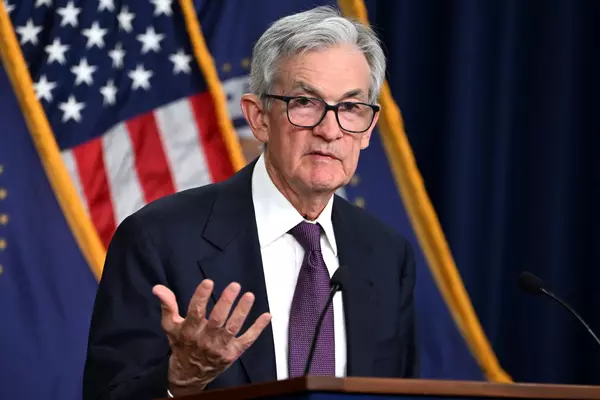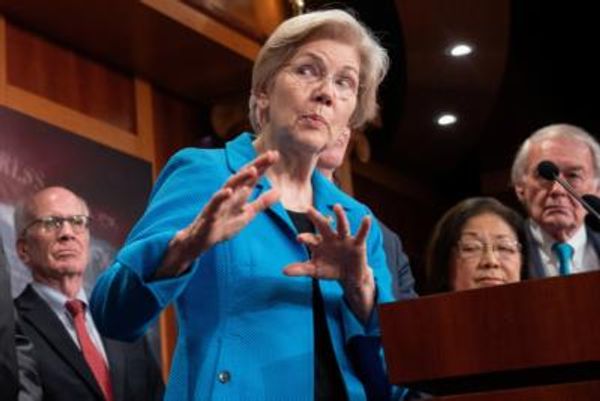
Medicare isn't working for patients or doctors and the way GPs work and get paid needs an overhaul so more people are kept out of hospital and poorer Australians get the care they need, a new report says.
Australia's universal healthcare system has failed to keep up with changes to the community's health needs since it started four decades ago, according to the report by public policy think tank The Grattan Institute.
"GPs' work has become much more complex as the population has grown older and rates of mental ill-health and chronic disease have climbed ... but the way we structure and fund general practice hasn't kept up," the report says.
It says GPs are struggling to meet their patients' needs, and they lack the support of a broader team of health professionals to do so.
"Australia is spending more on hospitals while neglecting general practice: the best place to tackle chronic disease, the report says."
"Poorer Australians suffer the most: they are twice as likely to have multiple chronic diseases as wealthy Australians.
"Hospital staff are overwhelmed with demand and GPs tell us they are stressed, disrespected, and disillusioned."
The report recommends that general practice needs to become a "team sport", with many clinicians working under the leadership of a GP to provide more and better care.
It says the federal government will have to dismantle the regulatory and funding barriers that force GPs to go it alone.
To make that change, 1000 more clinicians, such as nurses and physiotherapists, should be employed in general practices in the communities that need them most, the report says.
It says Australia needs to change the way GPs are paid to replace a system that rewards doctors who see lots of patients in quick succession, rather than spending more time with patients who need more care.
"GPs should be able to choose a new funding model that supports team care and enables them to spend more time on complex cases, by combining appointment fees with a flexible budget for each patient based on their level of need."
"Medicare is in the grip of a mid-life crisis. The reforms we propose will give more patients better care, and boost GPs' job satisfaction."
The report says the Albanese government has set aside $250 million a year to fix Medicare and that money could fund the proposed recommendations to create 'a new Medicare'.







